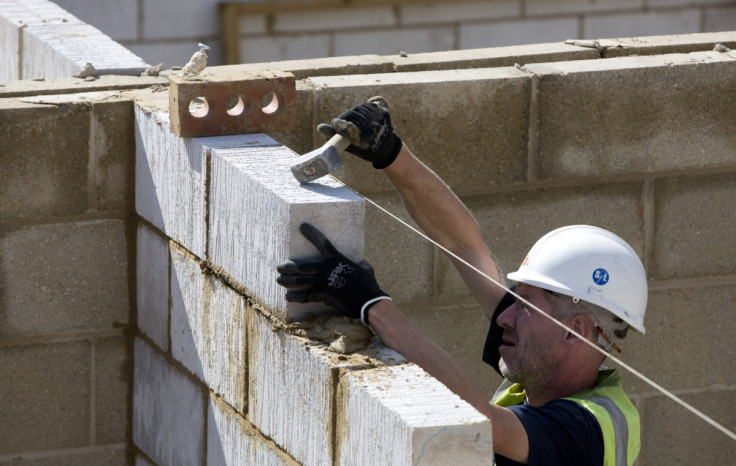UK Housing Crisis: Labour Vows to Encourage Custom Builds

Labour will encourage more people to build their own homes to tackle the looming housing crisis if the party wins the 2015 general election.
Under the party's "Build First" policy, small construction firms and custom builders will be given priority access to public land and allocated a portion of the space in the new towns and garden cities being proposed.
Labour also said it would encourage the use of the Build Now, Pay Later scheme for custom builds, which allows public land to be built on without any money being paid upfront for the site. The party added it would work with lenders to establish standardised self and custom build mortgages.
Moreover, local authorities would be tasked with creating a register of people and groups in their communities who want to build their own homes.
"The next Labour government will make house building a priority and play its full part in delivering the scale of change that we need," said Emma Reynolds, Labour's shadow housing minister, in a speech to the National House-Building Council where she unveiled the Build First approach.
Labour has already commissioned former BBC chairman Sir Michael Lyons to lead a panel of experts in coming up with a long-term plan to tackle the UK housing crisis. The party said it is committed to building 200,000 new homes a year until 2020.
Official figures show just 117,000 housing starts made in 2013 against estimates of 290,000 needed to keep up with demand in the market. House prices rose 5.5% on average over the same period.
Demand has been fuelled by the Help to Buy and Funding for Lending schemes, which have made it easier and cheaper to get hold of a mortgage.
The UK's growing population is also putting a strain on housing supply. In a report, the National Housing Federation (NHF) said the Noughties baby boom of 6.9 million children will mean house prices rocket 42% by 2020 because just 1.6 million new homes were built during the same period.
"We failed to fix the housing market for the Eighties baby-boomers because we simply didn't build enough homes. This means that, even with decent jobs, many are now struggling to raise a mortgage deposit or pay their rent," said NHF director Ruth Davison.
"But rather than learn from past mistakes, the country is still not building enough homes to tackle the problem. The situation will be even worse for the Millennium children.
"Seven years from now the eldest will be young adults, looking for work, seeking independence and dreaming of living in their own homes. If we expect them to take over the reins and drive the country forward in an increasingly competitive global economy, we must provide them with the foundations for a bright, stable future."
© Copyright IBTimes 2025. All rights reserved.






















